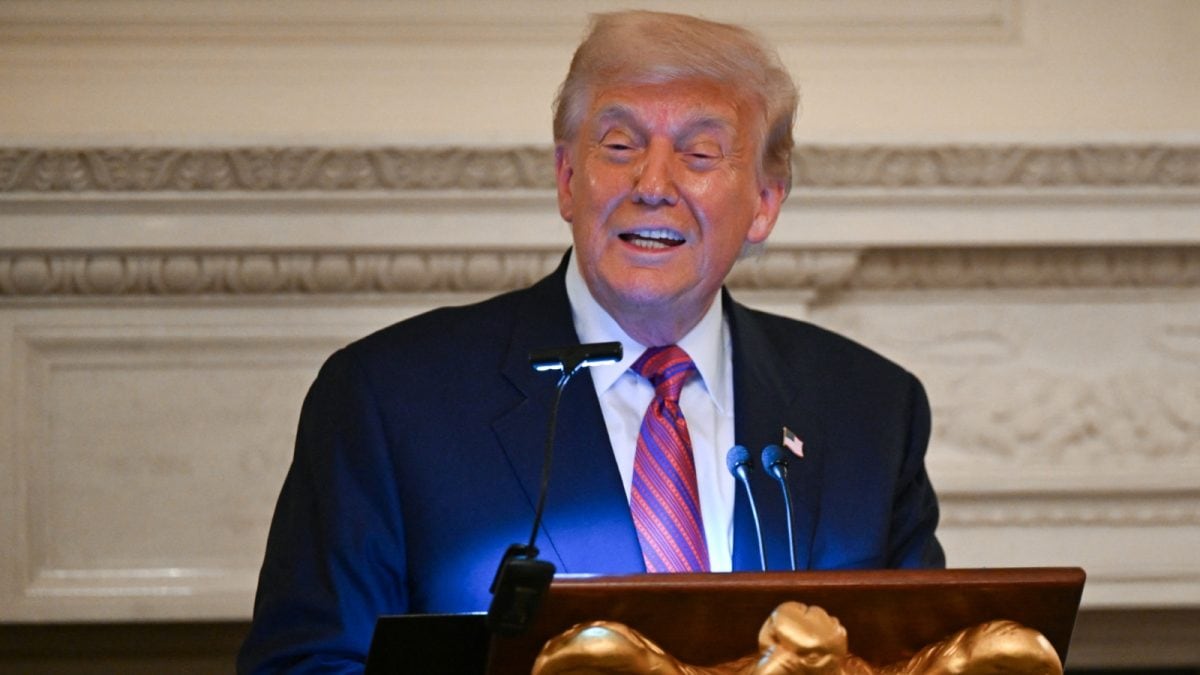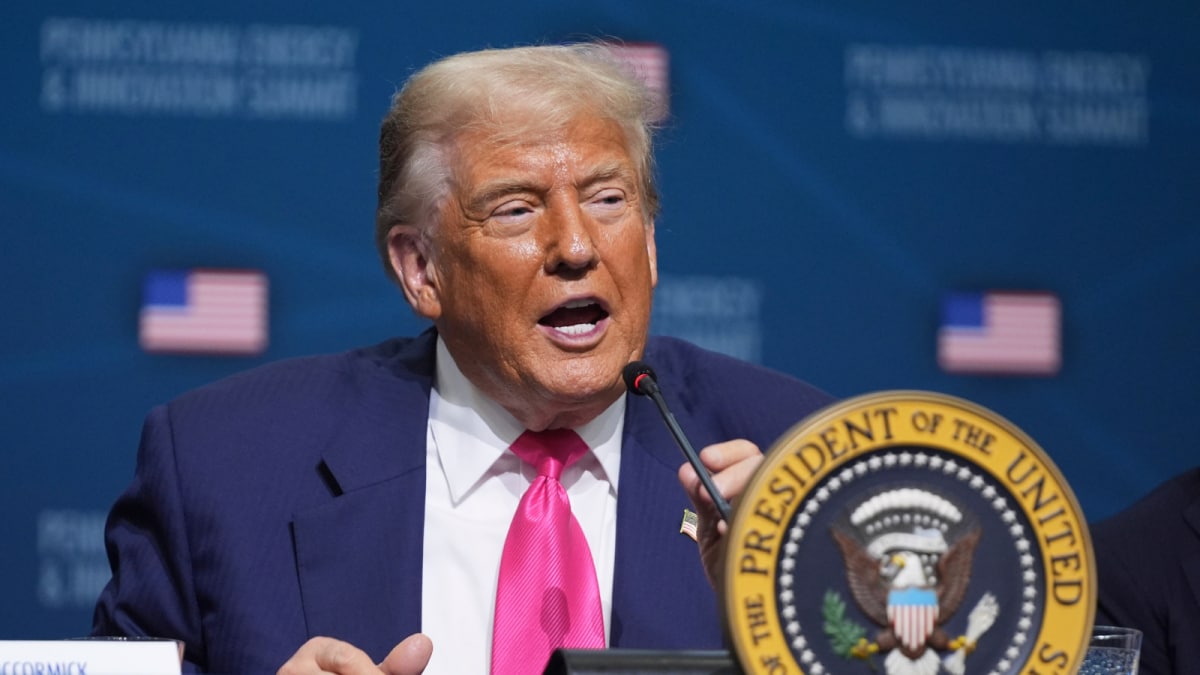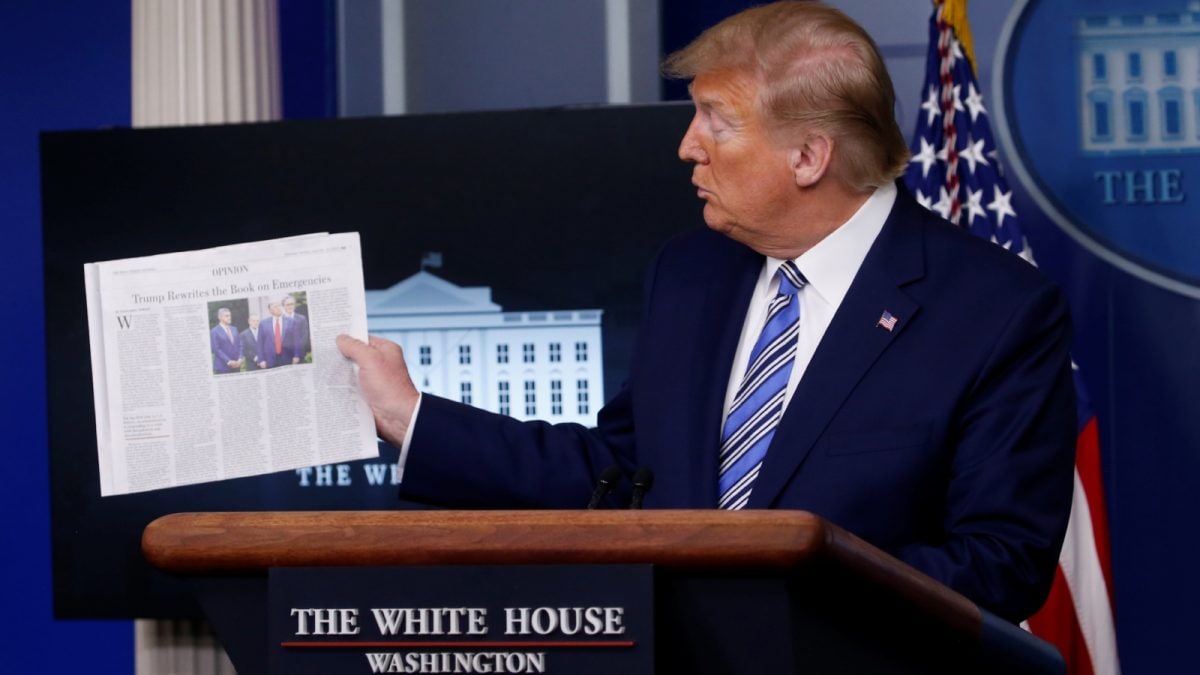In recent weeks, there have been tell-tale signs that the personal bond between Donald Trump and Elon Musk has frayed, culminating in the cost-cutting czar's exit from the administration.

US President Donald Trump and Elon Musk
Special guy, super genius, first buddy, patriot - these are some of the terms US President Donald Trump has used to wax eloquent on Elon Musk ever since he assumed office and the Tesla CEO took charge of DOGE. In fact, their partnership was central to White House operations, especially budget cuts. But, in recent weeks, there were tell-tale signs that their personal bond has frayed, culminating in his unceremonious exit from the Trump administration.
But, what led to cracks in their bromance and the subsequent fallout? It all started with confrontations between Musk and key members of the Trump Cabinet over his proposed budget cuts and slashing of federal staff. Musk was also opposed to Trump's 'Liberation Day' tariffs. His rival firm,
OpenAI, securing a high-profile AI deal in the Middle East during Trump's visit, only added to the fire.
However, the catalyst for Musk's departure seemed to be his public criticism of what Trump has dubbed the "big, beautiful" bill. Musk believes that the legislation, which includes multi-trillion dollar tax breaks, involved too much government spending. It ran counter to what he and DOGE were tasked to slash.
In his parting shot, the world's richest person put it down bluntly in a direct swipe at Trump, "I think a bill can be big or beautiful. I don't know if it can be both."
In an interview with CBS, Musk, labelled as Trump's cost-cutting tzar, let his disappointment known, saying the legislation "undermines" the work he did for the President on reducing spending.
Musk pointed out that the legislation, which also proposes increasing border security funding and ends many clean energy incentives, would add $3.8 trillion to the deficit.
A closer look at the bill shows that it directly impacts the Tesla CEO's business interests. The legislation proposes doing away with a USD 7,500 tax credit for electric vehicles and imposes a new USD 250 annual EV registration fee.
Published By:
Abhishek De
Published On:
May 29, 2025

 1 month ago
1 month ago


















